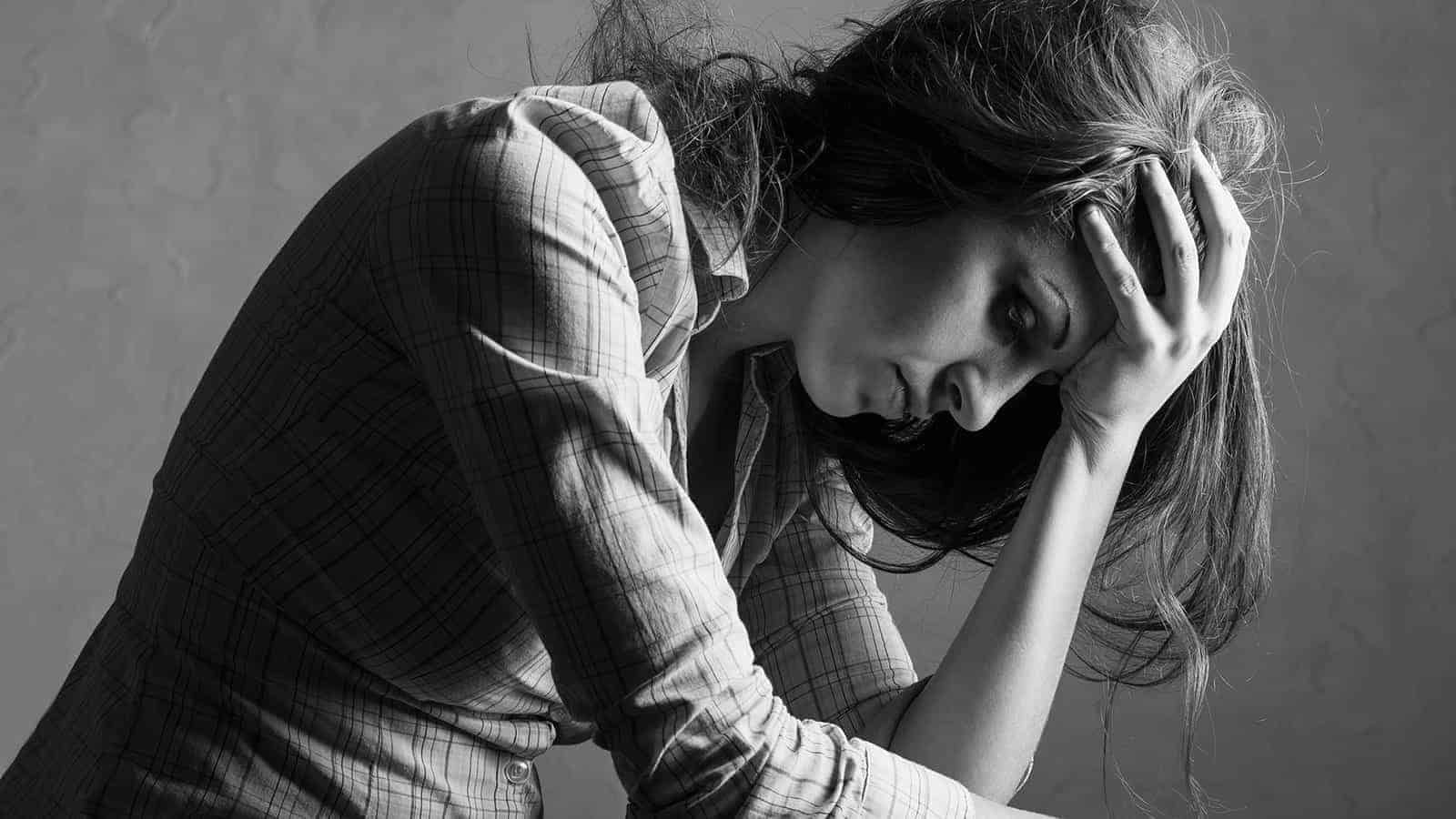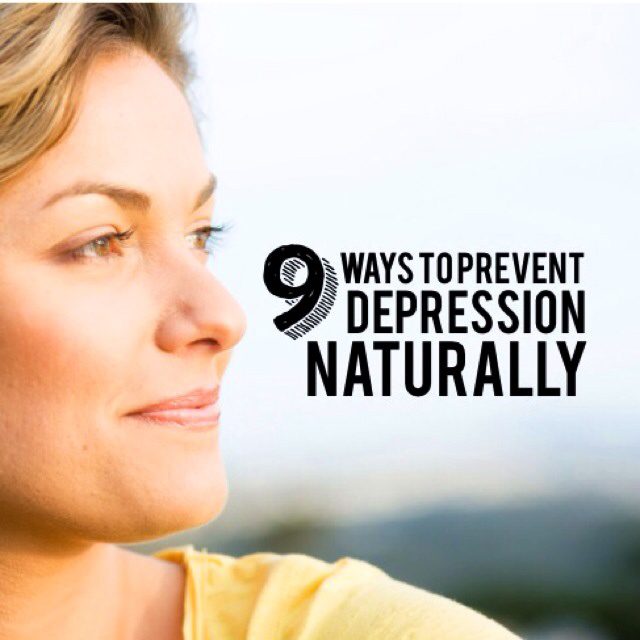Depression is more than just a lack of positive thinking. It’s a mental health issue that can severely affect everyday tasks. It can ruin concentration, work performance, and energy levels; and it can even become fatal if left untreated.
Approximately 300 million people around the world have depression, which is around 5% of the global population. As a statistically rare affliction, it is, unfortunately, not very well understood. Many people make the mistake of brushing off feelings of depression as normal sadness. More still believe depression can be cured by “cheering up.”
Sadly, it isn’t as simple as putting on a smile. Depression doesn’t only make you sad – it can cause feelings of numbness, hopelessness, exhaustion, and emptiness. All of these feelings combined pack a brutal punch against anyone who has to deal with them.
If you suffer from depression and are working to overcome it, understanding the root of these feelings and how they happen is important to managing the condition.
5 Ways Depression Makes You Feel Empty Inside, And How To Fix It
1. Anhedonia
Most people have hobbies. Some enjoy reading, others like going for walks, and some simply enjoy lounging around and watching TV. No matter how unique or eclectic a hobby is, or how “boring” someone’s choice of leisure activity is, these things bring them joy and help them recharge.
But when you have depression, you can develop an issue known as anhedonia, which is a term that translates to “without pleasure” in Greek. This problem refers to a state where you feel unable to experience happiness, enjoyment, or pleasure of any kind. No matter how much you try to chase it, the feeling you’re seeking never comes.
Some ways anhedonia may affect you are through:
- Social interaction
- Hobbies
- Exercise
- Food
- Friends
- Intimacy
- Touch
- Affection
- Humor
But where does anhedonia stem from? Many researchers believe that it isn’t necessarily caused by something that inhibits feelings of pleasure, but rather a disorder that causes positive feelings to lack sustainability. This means you only get brief, weak bursts of enjoyment that don’t stick around long enough to provide any sense of satisfaction.
What can you do to fix anhedonia? Unfortunately, there is no guaranteed cure for this condition as of right now, For the most part, therapy and speaking to a mental health professional yields best results.
On your own, though, you can do some things to ease the lack of joy. Research has shown that taking part in social interaction and finding social support can reduce feelings of anhedonia. Of course, we know this is easier said than done, as anhedonia makes social interactions feel torturous – one of the ways depression makes you feel empty inside.
The best bet you have is to take it slow. Try committing to a small, short lunch with friends, or sit and watch TV with a family member if you live with them. You can also try to find support groups online for less tiring interactions.
2. Exhaustion and Fatigue
Exhaustion happens to a lot of people, and it’s not uncommon for someone to burn out after a lot of stressful pressure. Fatigue doesn’t necessarily mean you’re depressed – but being depressed often means having some degree of fatigue.
Chronic fatigue – the kind unable to find relief by rest and sleep – is a medical condition and often a symptom of a more serious underlying issue. Those with depression tend to experience this severe exhaustion, which can make everyday tasks difficult to perform. You may feel too tired to drag yourself out of bed, eat, or do your usual routines.
For some individuals, depression manifests in a complete and utter lack of any form of energy. This is called anergia, and it can be very dangerous; it may prevent you from doing the bare minimum you need to do in order to survive every day. It can cause malnutrition, illness, and other problems that pile up on top of the depression.
For some, depression and fatigue are, unfortunately, part of a toxic cycle. Fatigue causes depression, but depression causes fatigue, and the circle goes on and on and on. It may lead to the disruption of relationships, a significant lack of positive thinking, and loss of employment.
How can you manage fatigue from depression? Is there a way to fix it?
- Start by making adjustments to your sleeping schedule.
- You should be getting a minimum of 7 hours of sleep every single night.
- Set specific sleeping and waking times so your body’s sleep cycle regulates and falls into a natural pattern that is easy to keep going.
Can’t sleep? Or maybe your sleep cycle is already regular, but you’re still fatigued? Time to take a look at your calendar.
- Pinpoint areas of your life that cause added strain and stress.
- Try to lighten your load by letting go of non-essential responsibilities.
- Give yourself even a small amount of free time every day to just relax.
3. Guilt and Anxiety
We already know persistent sadness and emptiness are symptoms of serious depressive disorders. Unfortunately, some other emotional symptoms could be the cause behind feelings of severe emptiness inside, and fixing it isn’t easy.
To begin with, there’s anxiety. A whopping 70% of depression patients also have anxiety symptoms; in fact, many researchers believe that these two disorders may just be two sides of a single condition.
Anxiety is made worse by stress, and it can cause you to feel nervous or uneasy for no discernable reason. You may worry that other people think negatively of you. You may panic over minor setbacks in plans. Additionally, you may be unusually and disproportionately nervous about your performance at work.
The worst part about anxiety is that it really is “all in your head.” While a perfectly valid emotion, anxiety is irrational by nature. Sometimes, feeling anxious about something can be what causes something to fail.
There is also the guilt and self-blame aspect of depression. Eighty percent of those with major depressive disorder show signs of self-loathing. They blame themselves for every small detail and feel guilty about perceived errors, often becoming extremely ashamed of them – even if it’s a positive situation and nothing has really gone wrong.
This may be accompanied by self-esteem issues, leading to feelings of inadequacy. Those with depression often misinterpret situations, believing they are all negatively implicative of themselves.
Try Positive Self-Talk
Is it possible to deal with severe self-blame and anxiety on your own? Talk therapy and cognitive behavioral therapy can be helpful in this respect and will show the best results. On your own, though, you can also try practicing positive self-talk.
- Changing the way you speak about yourself can work wonders on your self-esteem.
- Try expressing your emotions healthily, whether through art or sport.
- Be careful of the words you use, too. Instead of saying, “I’m so stupid and I never do anything right,” say “I’ve made a mistake, but it’s not proof of my value. How can I make it right?”
4. Insomnia and Hypersomnia
When your sleep cycle is irregular, your entire body is thrown out of whack. You don’t have a standard schedule to keep to, and it can really mess up your physical and mental health, leading to tired and empty feelings.
Sleep disorders are, unfortunately, commonly reported among depressed patients. One of the more common ones is insomnia, a condition where people find it difficult to fall asleep and stay asleep. Around 75% of all people with depression will deal with insomnia. This may manifest in the following ways:
- Waking up at night and being unable to fall asleep again
- Sleeping through the night but waking up exhausted
- Difficulty falling asleep or lying awake for hours
- Waking up too early
It’s important to note that insomnia isn’t just for people who can’t sleep. It also covers those who can sleep, but wake up feeling completely unrefreshed and exhausted, leading to cognitive problems and an often irritable mood.
You may also experience hypersomnia, which is excessively prolonged sleep. You may sleep well into the morning and constantly feel the desire to sleep some more. If you find yourself staying in bed for longer than 9 or 10 hours and feel unable to get up even after that, you likely have hypersomnia. Apparently, 40% of adults with depression deal with hypersomnia.
Is there a way to fix a sleep disorder? Going to a doctor is certainly the best way. However, you can also try exercising. We know that depression makes any attempts at physical activity very lackluster, but even mild exercise can help regulate sleep. Aerobic exercise is best, but you can also do things like:
- Go for a walk.
- Do simple, no-equipment workouts.
- Do chores.
- Go out and do some gardening.
It can be difficult to push yourself to move around when you’re depressed. But this lack of physical activity just feeds into the depression. If you want positive change, you’ll have to try moving just a little now and then. Take it slow, and work your way up.
5. Weight and Diet Changes
Depending on how you personally react, depression can make you either overeat or under eat – and sometimes you’ll experience a mix of both. It’s okay to lose your appetite or deal with cravings occasionally, but constantly living in a cycle of bad eating habits only does more harm.
Diet has been found to have a significant link to depression many times – so much so that it’s almost a given fact. And when you’re not eating right, your entire body suffers. You’re at higher risk for disease, are likely to feel exhausted, and may have even less positive thinking than before.
To make matters worse, weight loss and gain can have an effect on your self-esteem, leaving you feeling even more empty than before when you struggle to recognize yourself in the mirror. So, what can you do about it?
- Keeping a food journal and logging your meals is a good way to be aware of what you are, or aren’t, eating.
- You should aim to get sufficient daily calories in the form of healthy, energy-providing foods such as protein and complex carbs.
- Steer away from refined sugars and other processed foods, as they will likely only worsen your mood.
Final Thoughts On Ways Depression Makes You Feel Empty Inside
Depression is not something to be taken lightly. The listlessness, hopelessness, and emptiness that comes with the condition are very difficult to bear, and they can lead to further health problems. Although we’ve outlined some ways to fix certain depressive symptoms, consider visiting a therapist or psychologist for further assistance.
If you find yourself contemplating suicide, performing destructive habits, or unable to do everyday tasks and work, seek medical assistance immediately. A mental health professional can provide you with the tools you need to overcome these issues.
Understanding your mental health is just as important as understanding your physical health. By knowing the ways depression makes you feel empty and how you can fix it, you’ll be able to make a positive change in your life.














 Community
Community

